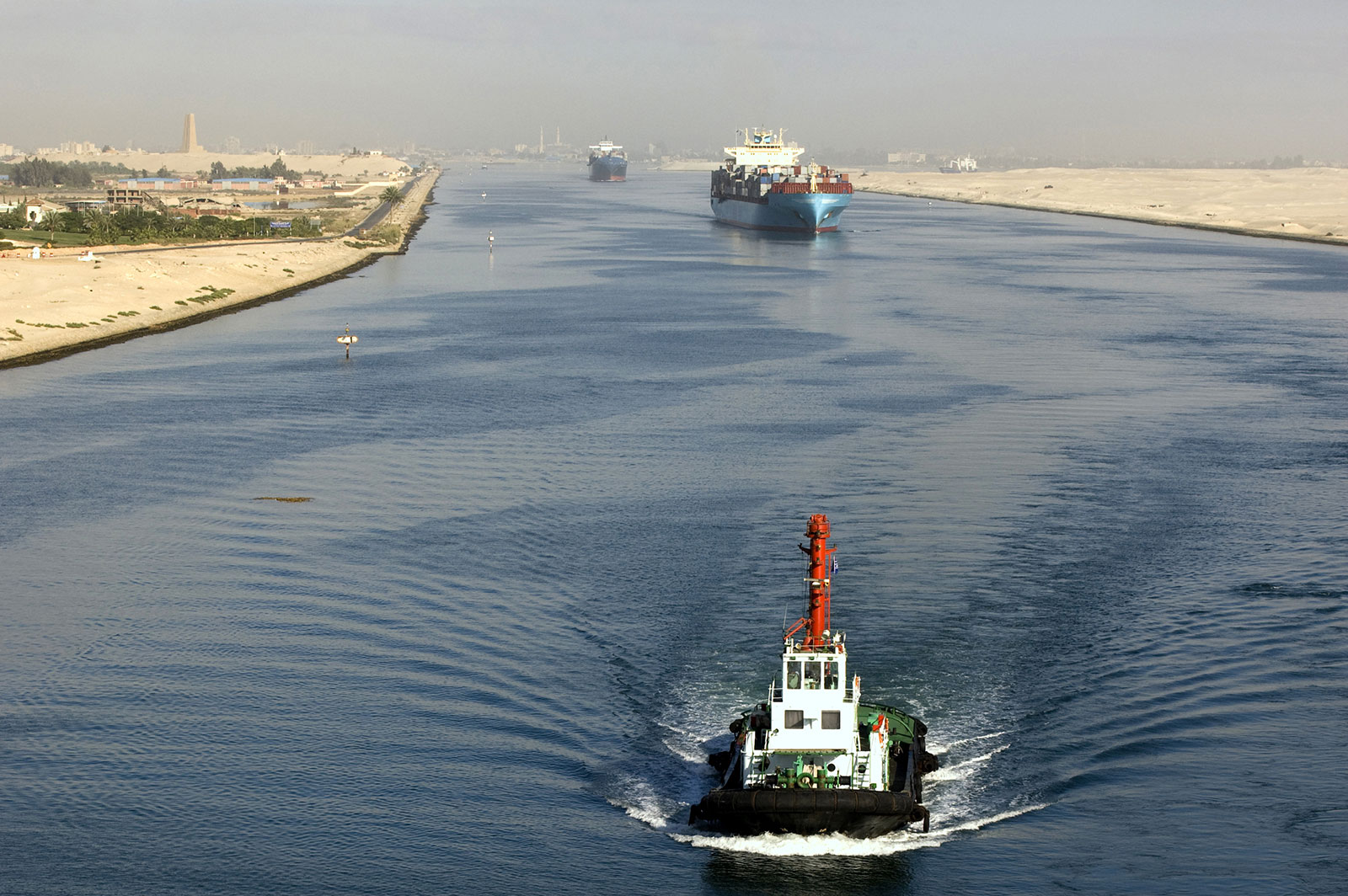
US President Donald Trump on Saturday has sparked outrage on Egyptian media and online discussions after he said that US military and commercial vessels should be allowed free passage through the Suez Canal.
“American Ships, both Military and Commercial, should be allowed to travel, free of charge, through the Panama and Suez Canals! Those Canals would not exist without the United States of America,” Trump wrote on a Truth Social post.
“I’ve asked Secretary of State Marco Rubio to immediately take care of, and memorialize, this situation!,” he said.
The Panama Canal is a narrow artificial waterway between North and South America that allows ships to quickly move between the Atlantic and Pacific Oceans, with 40 percent of US container traffic handled through it annually.
Panama has had control of the canal since 1999, but Trump has repeatedly stated his desire to “reclaim” it.
Egyptian MP Mostafa Bakri commented on Trump’s statement in a post on the X platform, saying that: “Trump says; If it weren’t for America, there wouldn’t have been a Suez Canal. Under which context? When the Egyptians dug the Suez Canal between 1859 and 1869, America was barely in a nursery. It seems you need to read up on history.”
“Egypt will not accept this cheap blackmail. There are international rules that must be respected, Egyptian sovereignty that must not be violated, and Decree No. 30 of 1957 of the President of Egypt, setting ship transit fees, must be observed.”
Bakri added in a separate post: “I don’t know on what basis US President Trump is demanding that US ships, both commercial and military, be allowed free passage through the Suez Canal? There is only one reason, in my opinion, which is the US’s policy of bullying and blackmailing sovereign states. It is also blatant theft against an independent country and a member of the United Nations.”
“Mr. Trump, we are not a banana republic, or a new American state.”




